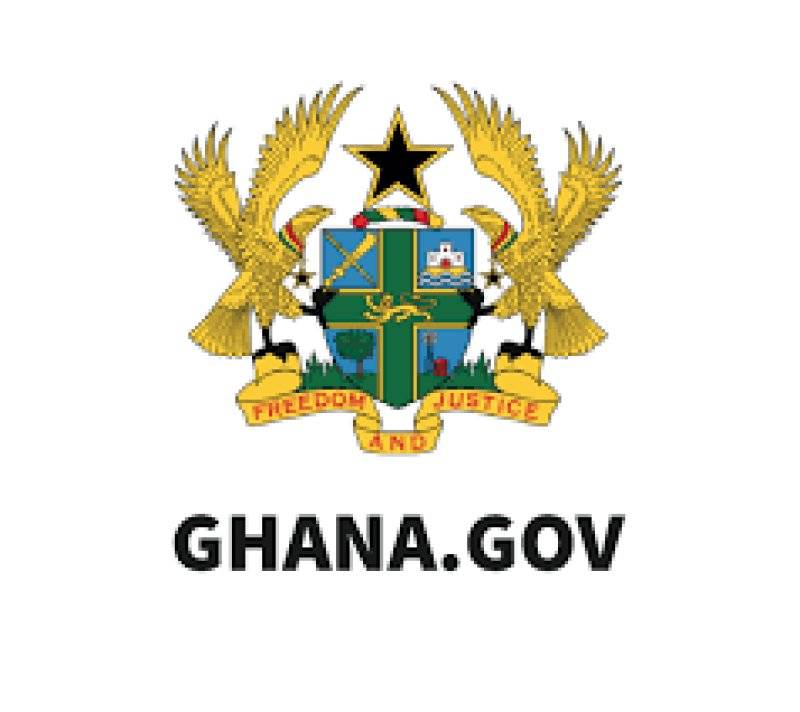The government has been urged to establish a Social Protection Fund.
The government has been urged to create a dedicated fund for social protection in order to ensure the financial sustainability of such initiatives for the benefit of society's poor and vulnerable.
It has also been urged to increase social protection spending, improve social protection budget execution, strengthen our credibility, and ensure timely release of funds.
These were included in the Citizens Assessment of Social Protection Delivery in Ghana: CSOs Social Protection Mirror Report 2021, which was launched in Tamale.
The Mirror Report 2021 served as a supplement to the official government report on social protection delivery, with the goal of encouraging mutual accountability in the implementation of social protection interventions.
It tracked the performance of social protection initiatives and shared information on new initiatives and how they were received by citizens and intended beneficiaries.
All beneficiaries/community members in the country who received any of the social protection interventions such as LEAP, Labour Intensive Public Works (LIPW), Capitation Grant (CG), Ghana School Feeding Programme (GSFP), and National Health Insurance Scheme were included among the respondents (NHIS).
Officials from the Metropolitan, Municipal, and District Assemblies (MMDAs) were also interviewed for the program.
In total, 1,496 people took part in the study, with 198 (13.2 percent) responding to the LEAP, 201 (13.4 percent) responding to the LIPW, 301 (20.1 percent) responding to the CG, 447 (29.9 percent) responding to the GSFP, and 349 (23.2 percent) responding to the NHIS.
The Civil Society Partnership for Social Accountability in Social Protection commissioned the Mirror Report 2021, which was funded by the United Nations Children's Fund (UNICEF).
It discovered that insufficient budgetary allocation had been a major impediment to the smooth implementation of social protection programs in the country, as the country spent less than 1% of GDP on social protection, which was far less than the 2.2 percent of GDP regional average for Sub-Saharan Africa.
It also discovered that the large differences between approved program budget allocations and disbursements demonstrated that social protection budget planning and execution was difficult.
As a result, the Report urged the Ministry of Gender, Children, and Social Protection to expedite the completion of the Social Protection Bill, which would be submitted to Parliament for passage in order to make social protection legally binding on the government.
In light of the current inflationary pressures, it also urged the government to consider increasing cash grants and allowances to beneficiaries.
Christiana Gbedemah, Social Policy Specialist at UNICEF Ghana, emphasized the importance of the government accelerating social interventions through increased spending in order to help reduce poverty in the country.
Madam Joyce Kulevo, Northern Regional Director of the Department of Social Welfare, whose speech was read on her behalf, acknowledged the delays in the payment of LEAP to beneficiaries and urged MMDAs to include social protection in their Medium-Term Development Plans in order to improve delivery to beneficiaries.
Mr Mohammed Mumuni, Northern Regional Programmes Manager of SEND GHANA, urged CSOs and other stakeholders to advocate for the passage of the Social Protection Bill into law, which would bind the government to prioritize the sector with funds that would be released on time.



No comments yet
Be the first to share your thoughts!